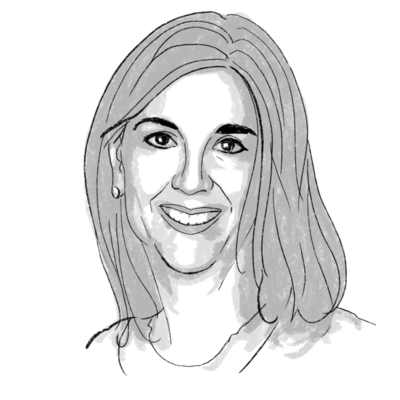What does it mean to have a childhood? As both red and blue states loosen child labor laws, Americans are debating questions that last came up at the beginning of the 20th century.
Monitor Daily Podcast
- Follow us:
- Apple Podcasts
- Spotify
- RSS Feed
- Download
 April Austin
April Austin
When Americans travel, they see mountains and valleys and oceans. When Susan Straight travels, she sees novels. As she passes through regions of the country on one of her epic road trips, she views people and landscapes through the lens of literature.
Growing up, “Books were this huge deal to me, and books were how I learned about America,” she says in a video interview. Ms. Straight, a professor of creative writing at the University of California, Riverside, started a project – just for fun – to create a literary map of the United States. And she didn’t simply plunk a marker down in the middle of a state and call it good. Instead, using Google Maps, she pinpointed the places where each of the novels was set. If she wasn’t certain, she contacted the authors.
“I tried to find exact locations for everything,” she says. “Here’s the 7-Eleven or here’s the campground in Alaska. That was super fun.”
She calls her project 1,001 Novels: A Library of America.
Beyond the map’s cool factor, the featured novels offer insights into the people of a particular place. Ms. Straight says her literary map rejects red-state/blue-state divisions in favor of human empathy and understanding. “If you want to know how somebody in Alabama feels, read one of the books set in Alabama,” she says.
Ms. Straight is also a collector of stories as she travels, including the ones she hears from gas station attendants, truckers, and truck stop servers. “America is an amazing land full of storytellers,” she says.
She’s also aware that some people would find her compulsive need to map novels slightly, well, obsessive. She says with a laugh: “It was really crazy that I spent five years of my life doing this!”










